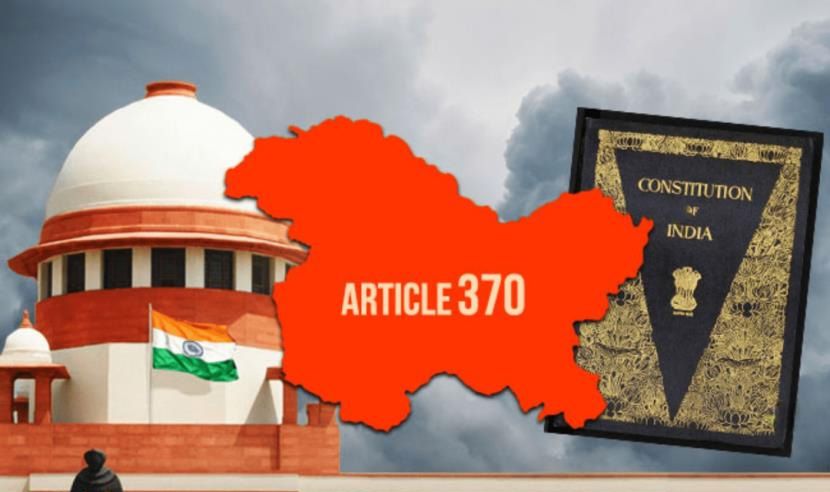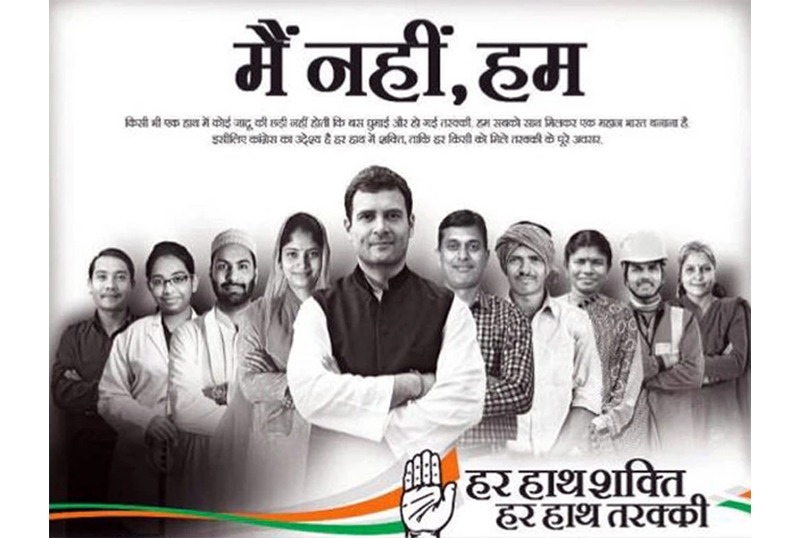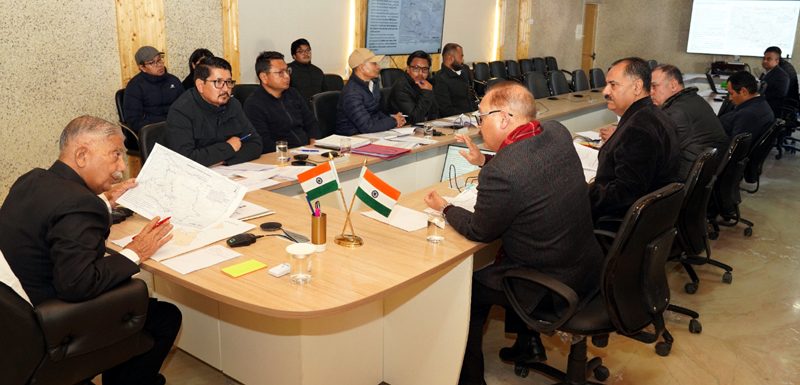New Delhi: Was the choice taken by the Centre on August 5, 2019 to abrogate the provisions of Article 370 of the Structure, which bestowed a particular standing on the erstwhile state of Jammu and Kashmir, constitutionally legitimate?
The Supreme Court docket is scheduled to pronounce its verdict on Monday on a batch of petitions difficult the abrogation of the provisions of Article 370.
Based on the trigger checklist for December 11 (Monday), uploaded on the apex courtroom’s web site, a five-judge Structure bench headed by Chief Justice D Y Chandrachud would ship the decision.
The opposite members of the bench are Justices Sanjay Kishan Kaul, Sanjiv Khanna, B R Gavai and Surya Kant.
The apex courtroom reserved its verdict within the matter on September 5 after a 16-day listening to.
Through the listening to, the highest courtroom heard Lawyer Normal R Venkataramani, Solicitor Normal Tushar Mehta, senior advocates Harish Salve, Rakesh Dwivedi, V Giri and others on behalf of the Centre and the intervenors defending the abrogation of the provisions of Article 370.
Senior advocates, together with Kapil Sibal, Gopal Subramanium, Rajeev Dhavan, Zaffar Shah and Dushyant Dave, had argued on behalf of the petitioners.
The legal professionals had dwelt on varied points, together with the constitutional validity of the Centre’s choice to abrogate the provisions of Article 370, the validity of the Jammu and Kashmir Reorganisation Act, which break up the erstwhile state into two Union territories, challenges to the imposition of the governor’s rule in Jammu and Kashmir on June 20, 2018 and the imposition of the president’s rule on December 19, 2018 and its extension on July 3, 2019.
The petitions difficult the abrogation of the provisions of Article 370 and the validity of the Jammu and Kashmir Reorganisation Act, 2019 that divided the erstwhile state into the Union territories of Jammu and Kashmir and Ladakh had been referred to the Structure bench in 2019.
The arguments within the matter had commenced on August 2.
Through the listening to, the apex courtroom had requested who can advocate the revocation of Article 370 in Jammu and Kashmir when no constituent Meeting, the concurrence of which is required earlier than taking such a step, exists there.
The highest courtroom had additionally requested how can a provision (Article 370), which was particularly talked about as short-term within the Structure, turn out to be everlasting after the tenure of the Jammu and Kashmir constituent Meeting got here to an finish in 1957.
A few of the petitioners opposing the repeal of Article 370 had argued that the availability couldn’t have been abrogated because the time period of the Jammu and Kashmir constituent Meeting resulted in 1957 after it drafted the erstwhile state’s Structure.
With the constituent Meeting having turn out to be extinct, Article 370 acquired a everlasting standing, that they had stated.
The Centre had argued that there was no “constitutional fraud” in annulling the availability that accorded the particular standing to the erstwhile state of Jammu and Kashmir.
Associated
#eyes #Supreme #Court docket #right this moment #Kashmir #Reader
Kashmir Tourism
Kashmir News
Source Link



